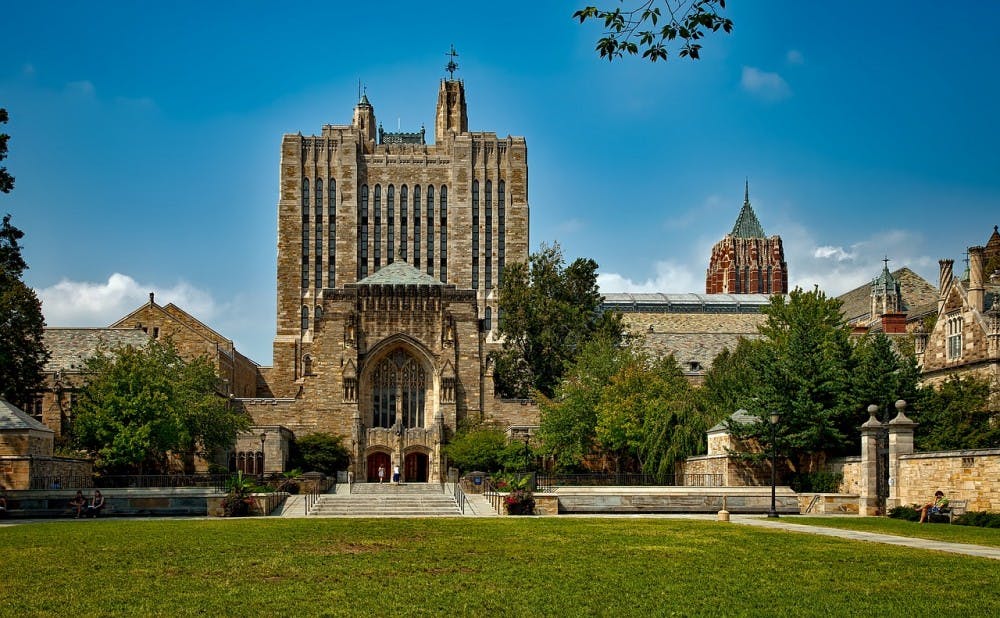Yale University's economics major is now classified as a STEM program.
The major will be renamed “Econometric and Quantitative Economics,” which is one of the majors found on the Immigration and Customs Enforcement’s STEM Designated Degree Program List.
"Despite the tightening of immigration policies under President Donald Trump, international students majoring in economics at Yale will have an easier time seeking work authorization in the United States thanks to a department-led petition," Yale Daily News reported on Jan. 17.
At Penn, economics is one of the most popular majors in the College of Arts and Sciences, and in Wharton, students graduate with a bachelor's degree in economics. Neither of these programs is currently classified as STEM.
Yet, visa concerns for international students are very prevalent in picking majors at Penn, and some have even opted not to pursue economics as a major since it does not count as a STEM course.
This change at Yale allows international students studying economics to apply for a two-year extension to their Optional Practical Training, a yearlong period for F-1 students to work in their chosen field of study.
To stay in the United States, most international students apply for the H-1B visa, which requires visa applicants to find a sponsor, usually a prospective employer. Many students in the humanities, however, find it can be especially difficult to find employers willing to sponsor them.
Hong Kong citizen and College sophomore Rachel Liu told The Daily Pennsylvanian in November of 2017 that she was initially more drawn to politics and economics during her freshman year but is now considering pursuing a STEM degree.
“Essentially a STEM degree will allow me to extend my visa by a few years,” she said, adding that she’s “noticed a trend of international students being more ‘practical.'"
At Penn, international students make up 15.9 percent of the Class of 2021. As of fall 2016, there were 4,859 international students enrolled in graduate and undergraduate programs.
The struggle to obtain an H-1B visa often complicates international students' recruitment plans and has even forced graduated Penn international students to leave the country. To increase their chances of being able to stay in the United States, some international students at Penn apply for visas before graduation as well.
President Trump recently signed the Buy American and Hire American Executive Order, which encourages reforms to the H-1B visa process. Such reform has caused anxiety in Penn's international student community. In the future, it may become more difficult for international students not studying STEM subjects to remain in the United States once they have graduated.



